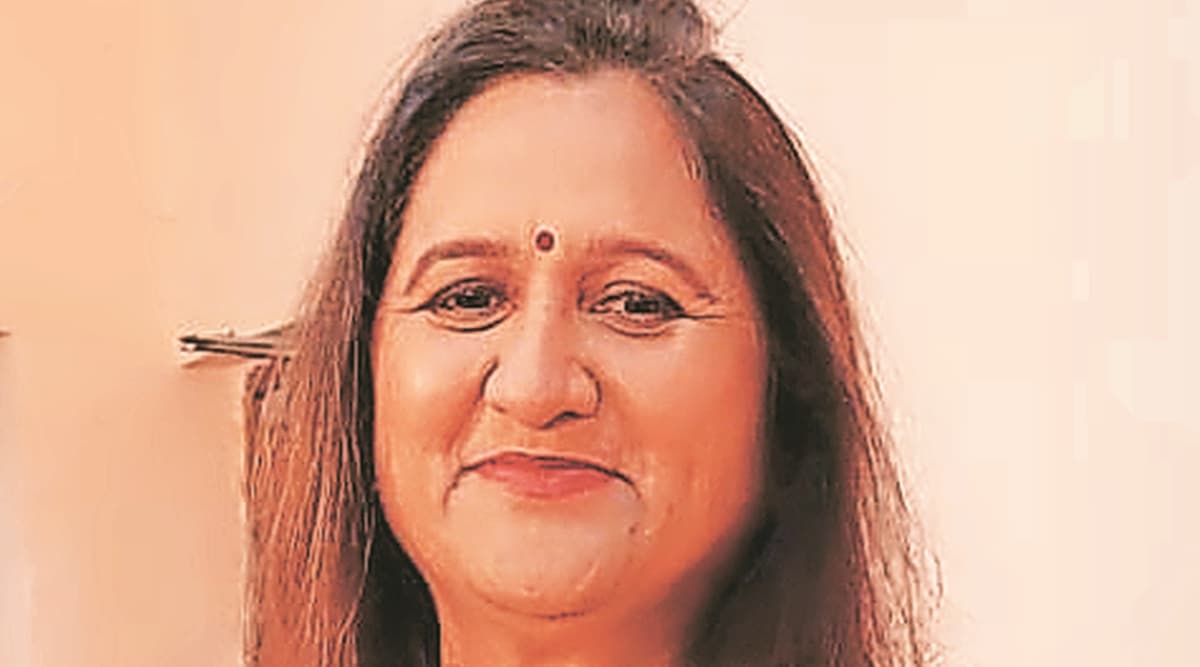 Dr Apoorva Palkar, Vice Chancellor, Maharashtra State Skills University
Dr Apoorva Palkar, Vice Chancellor, Maharashtra State Skills UniversityThe first-ever Maharashtra State Skills University (MSSU) launched its academic programmes last week at Elphinstone Technical College in Mumbai. When employability is regarded as the biggest issue of higher education, this new kind of public university promises to change the picture. Offering innovative, employment-oriented courses to meet industry requirements, the MSSU is also going to become one of the first universities to offer multiple exits in courses, aligned with the recommendations in the new National Education Policy (NEP). Vice Chancellor Dr Apoorva Palkar talks to Pallavi Smart on the vision and other aspects that envision a significant change in the spectrum of higher education.
You are leading the first-ever skill university by the Maharashtra government. Please share the idea behind it and your vision for it.
The idea is to focus on developing human capital that is job-ready from the very first day. Our courses have been developed in partnership with industry or group of industries in a given sector and with on-the-job training components embedded in the courses. We have the option of multiple entry-exit criteria for the students. For instance, if someone joins our masters in technology programme (MTech) but after completion of six months wants to opt out he/she could do so by moving out with a certificate, or one year with a diploma, one and a half year with advanced diploma. He/she could join back the programme for completion of the course. The university will also focus on upskilling those already working and reskilling those who may want to opt for newer careers. The university also proposes to set up six innovation hubs at different locations that will look at engaging with industry and work toward solving problem statements. The university in the long run wants to look at generating IP’s through this and work closely on being recognised as an innovative university.
Please explain the university’s jurisdiction and affiliation pattern.
MSSU will have its own centres in six divisional headquarters of Maharashtra with its head office in Mumbai. We will be offering courses in all these locations in due course of time. On a pilot basis we are starting in Mumbai and Pune but by June next year all the locations will be operational. The MSSU proposes to give affiliation to skills centres from across the state. We will restrict ourselves to the guidelines of new education policy.
Which courses will be offered and what will be the nature of courses?
Many courses such as new age media, agriculture technology, healthcare management and construction management, among others, are in the pipeline. We are planning Bachelors and Masters in each of these areas in the next few months. The courses will be combination of two components — classwork and on-the-job training. We are in talks with many large corporates for a customised programme to upskill their employees. We have the benefit of launching the courses that are based on study of skill gap at the state level. With industry partners, we are hopeful our courses will be updated periodically. Apart from making our students employable we envisage creating entrepreneurs. This university will also provide skill-based courses for credit transfers to other traditional universities.
What is the plan to meet faculty requirements which may be niche considering the novelty in courses?
We are initially starting off with a few faculty from industry and other faculties who have shown interest in associating with our university. Hence, we have launched very few courses this year on a pilot basis. We are in the process of hiring a large number of faculty members and we should be able to have them onboard by early next year.
Skill-based education requires a lot of emphasis on practical knowledge. What is the plan for it?
Sixty per cent of the course component is on-the-job training. We will provide access to real work instead of an internship which has a limited impact. We have partnered with industries who will provide exposure to the students. All courses have placements embedded in them.